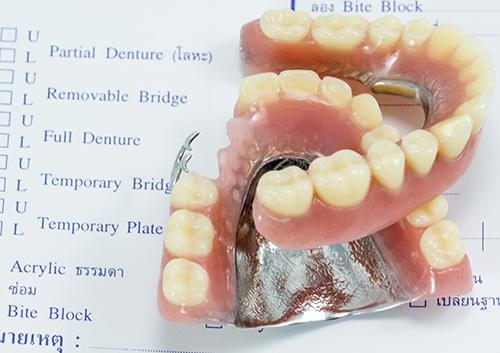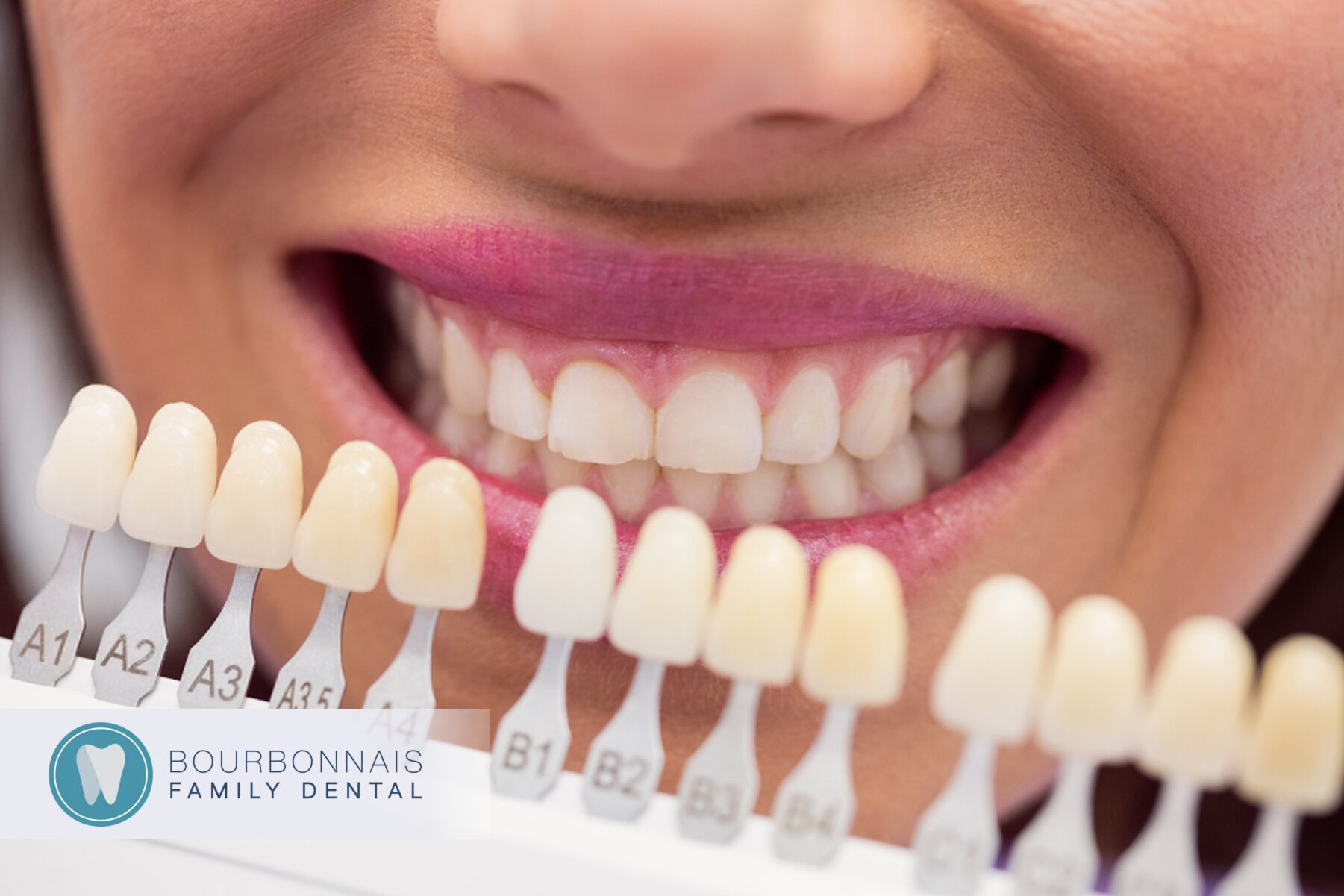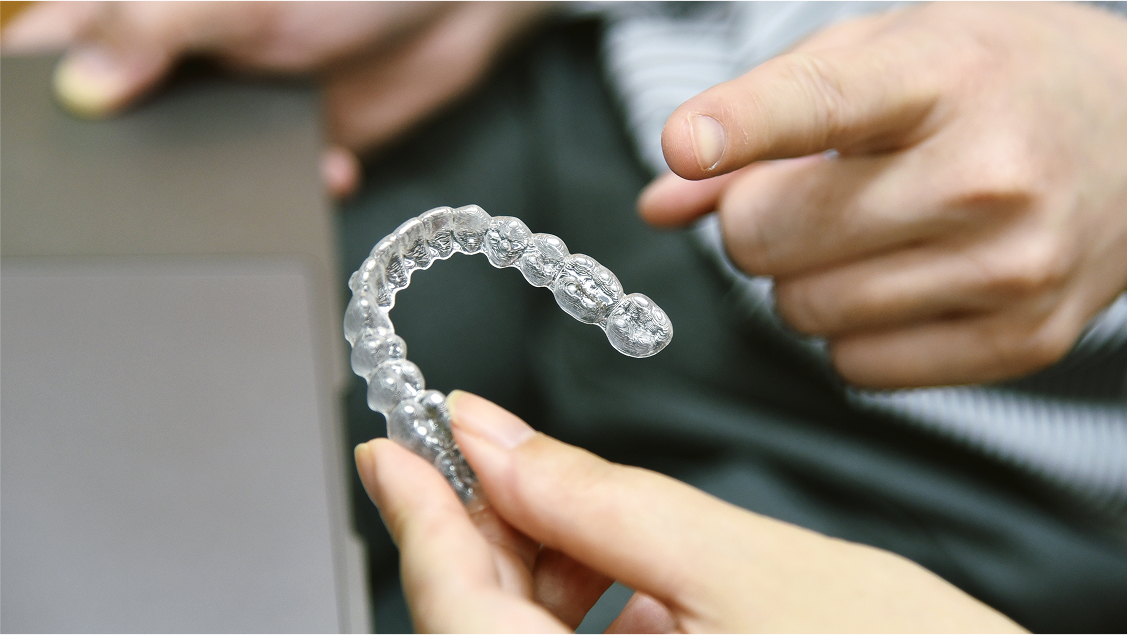If you’re considering dental implants to replace your missing teeth, you’re probably wondering about their lifespan. It’s a natural concern—after all, this is a significant investment in your oral health and quality of life.
The good news?
With proper care, dental implants can last a lifetime, often outlasting other tooth replacement options by decades.

Understanding Dental Implant Durability
Dental implants blow other tooth replacement options out of the water when it comes to longevity. While dentures might need replacing every 10-15 years, well-maintained implants often function beautifully for 25+ years. Many patients never need their implants replaced at all.
What makes them so durable? The titanium post that acts as your artificial tooth root actually fuses with your jawbone through osseointegration. This creates an incredibly strong foundation that mimics natural teeth in both function and stability. Think of it as your jawbone literally welcoming the implant as part of itself.
Factors That Influence Implant Longevity
Oral Hygiene Makes or Breaks Success
Your commitment to oral hygiene directly impacts implant longevity. While the artificial tooth itself can’t get cavities, the surrounding gum and bone tissues absolutely need protection. Skip your daily routine? Unlike natural teeth, implants don’t have a periodontal ligament, so infections can progress quickly if not addressed. Peri-implantitis is irreversible if left too long, making early detection and prevention critical.
Daily brushing, flossing, and antimicrobial mouthwash aren’t optional. They’re non-negotiable if you want decades of success from your artificial teeth.
The Healing Process Sets the Stage
Those first few months after implant placement are critical. Your jawbone needs time to grow around and integrate with the titanium post. Following post-operative instructions during this healing process determines whether your implant develops the rock-solid foundation it needs for long-term success.
Healing typically takes several months—between 3 to 6 in most cases—giving the bone time to integrate with the implant post before placing the permanent crown. Rush this phase or ignore aftercare instructions, and you’re setting yourself up for potential implant failure down the road.
Bone Health Is Everything
Strong jawbone tissue equals stable implants. Conditions like osteoporosis or certain medical conditions can impact how well implants integrate with your bone. But here’s what many people don’t realize—having these conditions doesn’t automatically disqualify you from getting implants. It just means your dental team needs to take extra precautions.
Your Lifestyle Choices Matter More Than You Think
Some habits are implant killers. Smoking tops the list, significantly impairing healing and increasing implant failure risk. Teeth grinding puts excessive force on implants, potentially causing complications. The good news? Both issues have solutions. Quit smoking, and get a custom night guard for grinding.
Related Article: How Smoking Increases the Risk of Oral Cancer

The Role of Professional Care
Regular dental visits aren’t just recommended for implant patients—they’re essential. During these appointments, your dental team examines gum health around each implant, checking for signs of inflammation or infection. Professional cleanings remove plaque and tartar that daily brushing misses, keeping tissues around artificial teeth healthy.
Most implant patients benefit from visits every three to six months. This frequency depends on individual risk factors and overall oral health status. Think of it as preventive maintenance for your investment.
Common Causes of Implant Problems
While dental implants in Bourbonnais, IL, have impressive success rates, certain factors can threaten their longevity. Understanding these potential issues helps you take proactive steps to protect your investment in oral health.
Gum Disease and Peri-Implantitis
The most common threat to implant longevity is peri-implantitis, which is essentially gum disease affecting the tissues around your implant. This condition can cause the supporting bone to deteriorate, potentially leading to implant failure if left untreated. The good news is that with proper care and regular professional maintenance, peri-implantitis is largely preventable.
Medical Conditions
Certain medical conditions can affect implant success. Uncontrolled diabetes, autoimmune disorders, and some medications can impact healing and bone health. However, having these conditions doesn’t mean you can’t have successful implants – it just means we need to work closely together to optimize your oral health and monitor your implants more carefully.

Maximizing Your Implant Investment
Getting dental implants is just the first step. Maintaining them properly determines whether they’ll last decades or face premature failure. Your daily habits and lifestyle choices directly impact how long your artificial teeth will serve you.
Establishing Excellent Oral Hygiene Habits
Think of your dental implants as high-performance replacements for your natural teeth. They deserve the same level of care, if not more. Use a soft-bristle toothbrush and fluoride toothpaste, and don’t forget to clean between your artificial teeth daily. Special floss designed for implants or water flossers can be particularly effective.
Protecting Your Investment
Consider your lifestyle and how it might affect your implants. If you play contact sports, wear a mouthguard. If you tend to use your teeth as tools (opening packages, cracking nuts), break these habits now. Your implants are strong, but they’re not indestructible.
Staying Connected with Your Dental Team
Maintain that important relationship with your dental team. We’re your partners in ensuring your implants serve you well for decades to come. Don’t hesitate to reach out if you notice any changes in how your implants feel or function.
Lifelong Confidence Starts with Lasting Implants
So, how long do dental implants stay in? With proper care, excellent oral hygiene, regular professional maintenance, and a commitment to your overall health, your dental implants can truly last a lifetime. Many patients are still enjoying their original implants 20, 25, or even 30 years later.
Remember, the success of your dental implants isn’t just about the initial implant placement—it’s about the ongoing partnership between you and your dental team. By working together and maintaining excellent oral health habits, we can help ensure your artificial teeth serve you beautifully for many years to come.
Your investment in dental implants is an investment in your quality of life, confidence, and oral health. With the right care and attention, that investment will continue paying dividends for decades.






